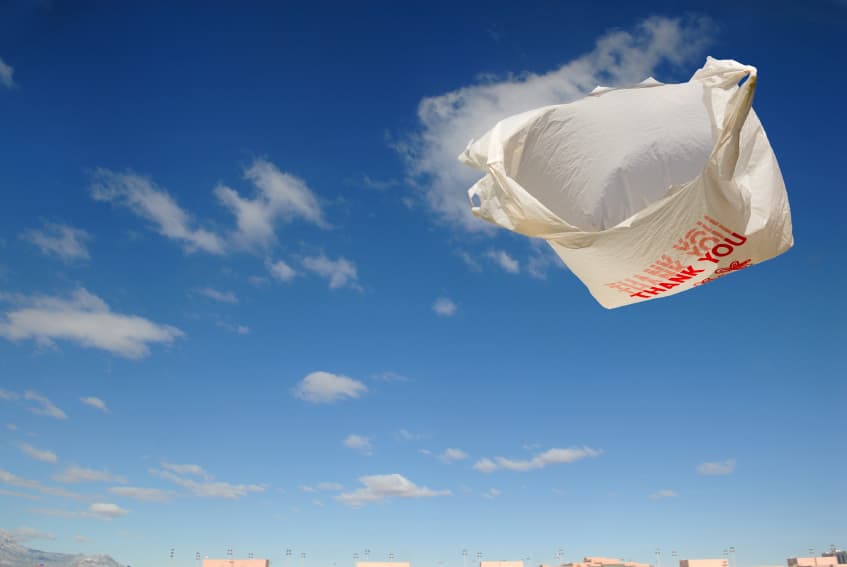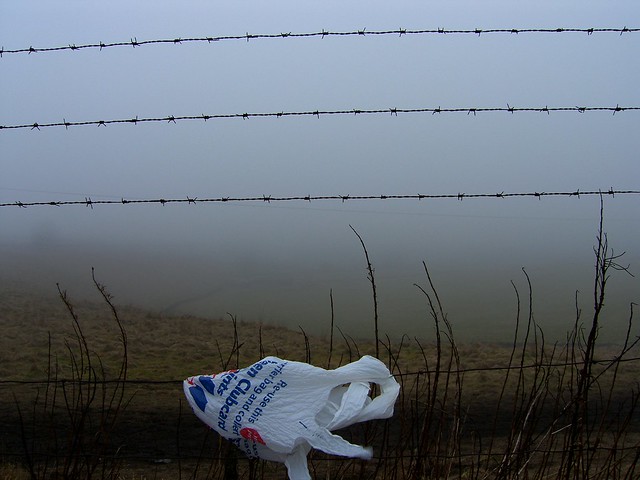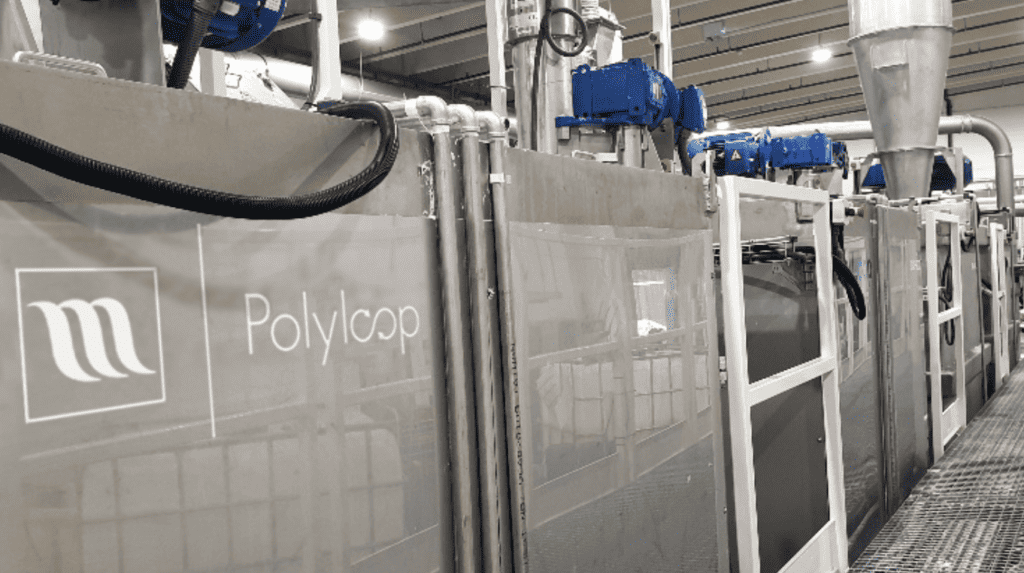DEFRA announces ‘confusing plans’ to exempt small businesses from 5p ‘Plastic Bag Tax’
The Government has come under scrutiny in recent weeks for unnecessary and confusing plans to exempt small businesses, paper and biodegradable bags from the 5pence ‘Single-Use Plastic Bag Charge for England’ to be imposed on October 1st. The Department for Environment, Food and Rural Affairs (DEFRA), are coming under increased pressure from groups across multiple sectors to drop the exemptions.
Break the habit before it costs you!
The ‘Break The Bag Habit’ campaign, organised by Surfers Against Sewage, has stated that small businesses should also be free to experience the ‘economic and community benefits the larger stores will enjoy’. Their campaign pledge aims to see people refuse single-use plastic carrier bags, keep the beaches & countryside clean and encourage more people to begin recycling plastic. Andy Cummins, Campaigns Manager for the campaign, offered his opinion, stating ‘The Government has ignored the advice from within Parliament, leading academics, charities, including Surfers Against Sewage and our Break The Bag Habit partners, industry and trade bodies and are preparing a bag charging scheme full of caveats that will confuse customers on the high street.’ ‘Exemptions for SME (small and medium enterprises), paper bags and potentially for a biodegradable plastic bag will result in uncertainty amongst shoppers and questions to answer at tills around England.’ Andy continued, adding some thoughts about schemes that have been introduced in neighboring countries:
‘With the bag charge scheme, if the average shopper chooses to continue to use bags at their current rate, at133 bags per year, the annual cost would only be £6.65. 5p is the recommended charge, it’s not a large amount, but it’s enough to motivate a change in shopper’s behavior. And we need a change because there are currently 7.6 billion single-use bags given out in England every year. ‘
It may take a nation of change
The ‘Campaign to Protect Rural England’ (CPRE) have stated ‘To effectively reduce the 8 billion carrier bags used in England every year, and to reduce the horrible effects of littered carrier bags, the Government should have ensured the scheme was consistent across all retailers and material types. This has worked extremely well in Wales and Northern Ireland so why not in England?’.
The BBC included some information in a recent article regarding how well similar charges have worked in the British Isles:
• Wales introduced a 5p charge in 2011. There are limited reporting requirements for firms with less than 10 employees. The number of bags being used has been reduced by 96% in some sectors
• In Northern Ireland a 5p charge was introduced in 2013. Usage has declined by 80% and the government plans to raise the levy to 10p because it is working so well 2015.
• Scotland will introduce a 5p fee for bags in October this year
• The Irish Republic introduced its 15 cent plastic bag tax in 2002. It has since gone up to 22 cents but it is estimated that there has been a 90% drop in single bag use
(Source:BBC)
Plastic carrier bags – Scapegoat?
The general consensus seems to be that the exciting plans are being undermined, and the Industry Council for Research on Packaging and the Environment (INCPEN) has added that if a levy is to be introduced, it should be on all bags; cotton, jute, paper or plastic. It is important to remember that the carbon footprint for producing and recycling plastic bags is much smaller than that of paper. Recycling plastic bags made from biodegradable bags is even better, as they involve less transport, take up less space, cost less to produce and can be shipped much more effectively in mass.
It’s not just campaigners and industry experts challenging the amendments to the plan; Chair of the Environmental Audit committee and Labour MP for Stoke-On-Trent North, Joan Walley, said: “Ministers have managed to make a complete mess of their planned carrier bags charge by making it unnecessarily complicated. Carrier bags litter our streets and harm wildlife, and the government is right to want reduce their use. But DEFRA seems to have made decisions about the design of this scheme that were based on more wishful thinking than hard evidence’.









